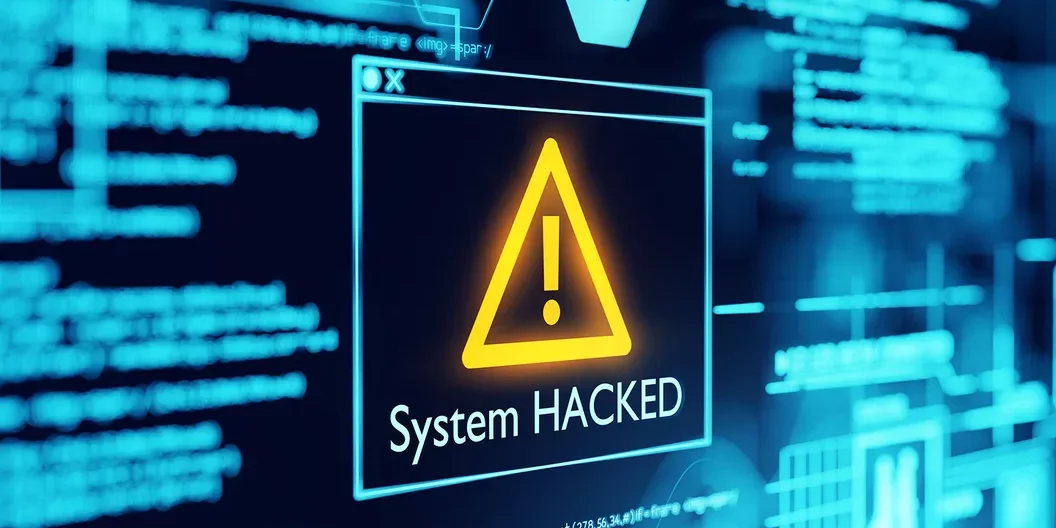Two Queens men have been arrested and are facing up to 10 years in prison on charges that they conspired with Russian hackers to tamper with JFK airport’s taxi queuing software, allegedly allowing drivers to cut the line for a fee.
According to an indictment unsealed on Tuesday, Daniel Abayev and Peter Leyman, both 48, plotted to hack the “dispatch system” starting as early as September 2019. Taxis at JFK are required to wait in a holding lot, with an automated system run by Port Authority of New York and New Jersey designed to ensure that drivers can pick up passengers in the same order in which they arrived.
The two men saw an opportunity in the sometimes hours-long wait times, with Abayez allegedly writing to one Russian hacker in 2019: “I know that the Pentagon is being hacked. So, can’t we hack the taxi industry[?].”
The conspirators are accused of attempting to access the system in a variety of ways, including bribing someone to install malware via a flash drive, using a Wi-Fi connection to access the system, and stealing tablets connected to the platform.
They were ultimately successful “at various times” over the course of a year and allegedly set up an operation in which drivers would pay them a $10 bribe to move them towards the top of the line in the system. Drivers could also have their fees waived if they referred others to the scheme.
On days when the men had access to the dispatch system, the indictment reads, they sent out a message in a large group chat of drivers: “Shop Open.”
As many as 1,000 “fraudulently expedited trips” were orchestrated each day, prosecutors allege, with $100,000 in proceeds wired to the Russian co-conspirators.
“As alleged in the indictment, these two defendants — with the help of Russian hackers — took the Port Authority for a ride,” said U.S. Attorney Damian Williams. “For years, the defendants’ hacking kept honest cab drivers from being able to pick up fares at JFK in the order in which they arrived.”
Abayev and Leyman are facing two counts of conspiracy to commit computer intrusions in the Southern District of New York. Each count carries a maximum of 10 years in prison.







